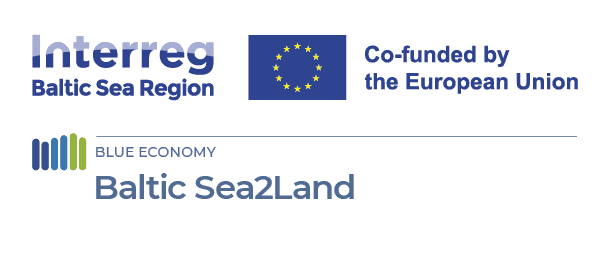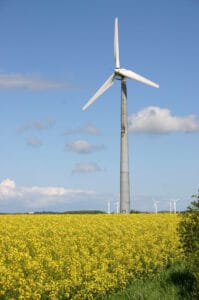
Fehmarn Island's Path to Energy Self-Sufficiency: A Case Study within the Baltic Sea2Land Framework
18 January 2024
As data from 2019 shows, Fehmarn’s annual electricity production exceeds 576,800 MWh, surpassing its own consumption by 857%. Wind energy constitutes the primary contributor to the energy mix, with biomass and solar energy playing supplementary roles.
The case study probes critical questions concerning legal, technical and community dimensions. Addressing legal requisites and navigating potential obstacles forms a pivotal aspect. Community resistance, if present, is thoroughly examined alongside strategies for community engagement to ensure mutual benefits.
Technical considerations include exploring storage solutions and charging capacities for electromobility, integrating these aspects into a comprehensive energy plan. Aspects of sector coupling are also considered, i.e. how the wind power generated can be used to cover areas such as heating, mobility and potentially even agriculture. The roles of Fehmarn’s municipal, district, and state authorities are scrutinized, outlining specific steps, stakeholder engagement, and collaborative efforts required for successful implementation.

Photo taken by: Beate Burow (Environmental Council Fehmarn)
The Fehmarn case study positions itself as a learning opportunity, offering insights into good practices. By dissecting legal frameworks, community dynamics, and innovative technologies, Fehmarn serves as a model for localized sustainability efforts, contributing not only to its climate objectives but also offering a roadmap for others within the Baltic Sea region. The knowledge gained will be incorporated into the overarching navigator of the Interreg Baltic Sea2Land project.
In navigating the intricacies of sustainable energy transition, Fehmarn Island showcases a measured and pragmatic approach, demonstrating the potential for scalable and replicable solutions within the broader context of regional and international sustainability initiatives.
To achieve these goals, a participatory process will be initiated in which the relevant stakeholders jointly develop a roadmap by coming together in workshops. The first meeting with experts from the energy sector, such as electricity producers, representatives of the public services or the building authority, will take place in Burg on the island of Fehmarn in February 2024. In the framework of Baltic Sea2Land project, the Fehmarn municipality is supported by Baltic Environmental Forum of Germany (BEF-DE) to foster dynamic local stakeholder engagement of the Fehmarn’s island.
The article was prepared by Florian Bortic (Public Relations Manager, BEF-DE).





